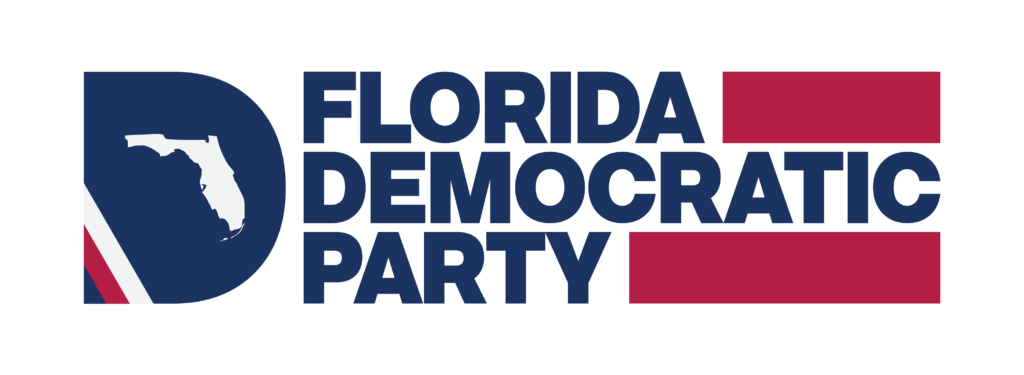In the News
“Think it worked”: shocking emails show Corrupt Carlos using tax dollars for political gain


“Eyebrows raised” by new NBC investigation – Corrupt Carlos refuses to comment
A shocking NBC6 investigation into new emails obtained from Miami-Dade County show the political calculus behind Corrupt Carlos Giménez’s county staffs’ decision to put the Mayor’s name on a series of controversial public safety alerts.
Here’s what went down:
On March 27th, the Miami Dade County Emergency Operating Center sent out a public safety alert, which Giménez then called “a bit overboard.” But just three days later he changed his mind and soon more alerts were planned.
Then on April 2nd, 27 minutes after a zoom call between Corrupt Carlos and his staff, suddenly the alerts had changed again: this time they would have Gimenez’s name attached to them.
The newly public emails show that Corrupt Carlos and his aides thought they got away with the political stunt. At the time, the Mayor’s Communications Director wrote: “Think it worked…”
But after being confronted at a press conference about the self-promoting aspect to these alerts, Corrupt Carlos switched course a third time, backing off future alerts, which he’d promised would go out regularly.
“Carlos Giménez keeps earning his moniker Corrupt Carlos,” said FDP Deputy Communications Director Luisana Pérez Fernández. “Fitting a long pattern of corrupt behavior, this bombshell investigation shows once more that Corrupt Carlos is always looking for a way to use taxpayer money for his own personal gain.”
Other highlights from the NBC6 investigation:
- “Emails obtained by NBC 6 Investigators show how Miami-Dade Mayor Carlos Gimenez went from calling emergency cell phone alerts a “bit overboard” to putting his name on them – and then eventually taking it back off.”
- “It’s illegal to campaign using taxpayer resources, and that’s why there’s some controversy over emergency alerts (…) because some in Miami-Dade County came with the Mayor’s name attached.”
- “When Miami-Dade Mayor Carlos Gimenez’s name started to appear on emergency alerts sent to residents about the coronavirus crisis, we started asking questions and we weren’t the only ones.”
- “The first one came on March 27, around 2 p.m.: “All residents are urged to remain in their homes except for essential activities.” It did not include his name and he said at the time he thought the alert was a bit much and that he didn’t direct EOC to send it. “They may have gone a little bit overboard,” Gimenez said in a video update. “I’ve given the EOC clear direction so that doesn’t happen again.” Then, residents received another alert. But this time, it was from Mayor Gimenez himself with his name on it.”
- ‘“It just seemed overly dramatic and designed to get attention, rather than convey information,” said Philip Stoddard, a professor from Florida International University, and former mayor of the city of South Miami. “If you do a good job people will remember that. But if you look like you’re promoting yourself, they’ll remember that too.”’
- “At 3:01 p.m., Rollason asked Myriam Marquez, the mayor’s communications director and senior advisor, “Did you get any feedback from the call this morning? We have not received any calls one way or the other, but with the Mayor’s name on the alert, maybe calls, pro or con, would come into his office.” “No feedback. Think it worked fine,” Marquez responded.”
- ‘“I’m the face of the county,” the mayor told reporters, adding he wanted people to know county leaders were requesting them to stay “Safer at Home” during the pandemic. That morning, Rollason sent an email to Cyrille and Serrano telling them they would schedule the alerts for Mondays, Wednesdays, and Fridays, but the mayor’s name would no longer be on them.”
- “The mayor’s office didn’t respond to NBC 6 questions about the decision to take Gimenez’s name off the alerts.”


